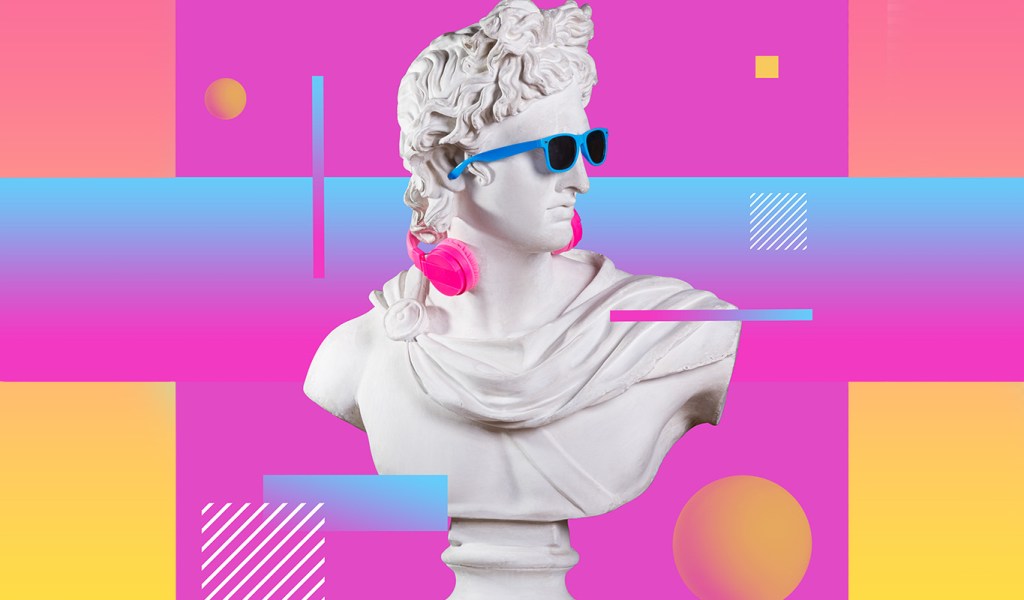
HodlX Guest Post Submit Your Post
What do you know about the use of crypto tokens? One can swap, trade or hold them. We rarely believe that a token could be useful in the real world. The music industry was among the first to demonstrate how it could look.
More and more musical acts, whether established or emerging, are taking digital steps by using blockchain platforms or creating NFT collections.
However, it is still far from what we consider mass adoption. The tools have changed but the methods have not. Still, music labels, streaming platforms and producers take the majority of an artist’s earnings.
The system continues to be complex to those who create the fundamental value of this industry music. It will not work, however, until we make technology understandable to everyone and demonstrate what can be done without metaphors and ambiguous language.
Fighting music piracy
Still, one of the major issues in the music industry is that an artist cannot control the distribution of their music. No matter how cheap a Spotify or Apple subscription is, someone will always be unwilling to pay for it, or worse profit from someone else’s artwork.
If an artist tokenizes their song, the piracy problem may be solved. Music will be less vulnerable to theft if it is protected by smart contracts.
Listeners will still be able to download their favorite songs, but they will not know how to convert them into high-quality files for illegal distribution or they will only be able to use them on a decentralized Web 3.0 platform that does not even require an internet connection.
Stronger bonds with fans
If a song turns into hundreds or a couple of thousand fractional tokens, it will be a limited edition. This is also an alternative approach that can help increase fan interest, create hype around the upcoming single or album and thus help the artist to make their music go viral.
Furthermore, each of the song’s tokens can include special rewards such as community access, a bonus track or even an autograph. Money spent on these tokens could be used to fund the next artist’s track release.
This is a more personalized, fair and democratic approach that transforms music into a process of co-creation rather than just a profitable product. Fans are no longer just buyers or consumers. They are supporters of the artist’s music.
Reaching a brand new audience
Finally, by tokenizing their artwork, musicians gain access to an audience of investors they would not have otherwise met. Musical acts have the chance to attract the attention of open-minded investors looking for new and fresh ideas on how to use tokens not just for transactions but also in real life.
This method is contributing to the development of a music industry in which the artist’s well-being is no longer dependent on their relationships with one or two producers and where they do not need to record 10 hits a year.
Mark Lane is the founder of Audiolox.
Follow Us on Twitter Facebook Telegram

Disclaimer: Opinions expressed at The Daily Hodl are not investment advice. Investors should do their due diligence before making any high-risk investments in Bitcoin, cryptocurrency or digital assets. Please be advised that your transfers and trades are at your own risk, and any loses you may incur are your responsibility. The Daily Hodl does not recommend the buying or selling of any cryptocurrencies or digital assets, nor is The Daily Hodl an investment advisor. Please note that The Daily Hodl participates in affiliate marketing.
Featured Image: Shutterstock/Unknown man
The post The Music Industry Shows Non-Speculative Real-Life Applications for Tokens appeared first on The Daily Hodl.




